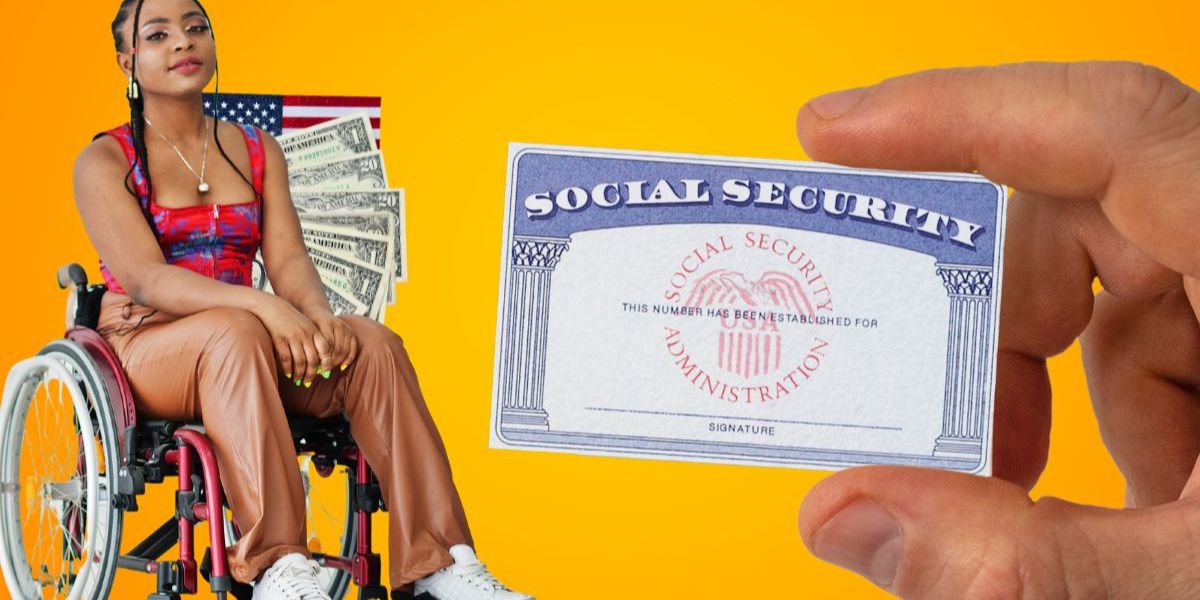NEWARK, N.J. – Seniors across New Jersey are looking for ways to ease their tax burdens as living costs rise and retirement incomes stretch thin. While the IRS provides an extra standard deduction for individuals 65 and older, New Jersey has its own state-level tax rules that work differently from federal law. Understanding both systems is essential for seniors planning their 2025 tax returns.
Federal Standard Deduction for 2025
The federal standard deduction allows taxpayers to reduce their taxable income without itemizing expenses. For the 2025 tax year, the base amounts are:
- $29,200 – Married Filing Jointly
- $14,600 – Single Filers
- $21,900 – Head of Household
- $14,600 – Married Filing Separately
Extra Deduction for Seniors Over 65
For taxpayers 65 or older, the IRS provides an extra standard deduction:
- $1,950 – Single or Head of Household
- $1,550 per spouse – if married filing jointly and one or both are over 65
Read Also: Understanding the Pennsylvania Extra Standard Deduction for Seniors Over 65
For example, a New Jersey couple both over 65 filing jointly could claim:
- $29,200 (base deduction) + $3,100 (extra senior deduction) = $32,300 total deduction.
This added deduction can significantly lower taxable income for seniors relying on Social Security, pensions, or retirement savings.
New Jersey State Income Tax and Seniors
Unlike the federal system, New Jersey does not use the standard deduction. Instead, it offers personal exemptions and special senior deductions:
- Seniors aged 65 and older can claim a $1,000 additional exemption.
- New Jersey also exempts all Social Security income from state taxation.
- Seniors with limited income may qualify for property tax relief programs, such as the Senior Freeze (Property Tax Reimbursement Program).
Additionally, New Jersey residents 62 or older with income below certain thresholds may qualify for pension and retirement income exclusions of up to $100,000, depending on filing status.
Why It Matters for New Jersey Seniors
New Jersey seniors benefit from two layers of tax relief: the federal extra standard deduction and the state’s senior exemptions and retirement income exclusions. However, because the state does not mirror federal deductions, retirees need to carefully coordinate their filings.
Comparison: Standard Deduction with Senior Benefit (Federal, 2025)
| Filing Status | Base Deduction | Extra (65+) | Total Deduction |
|---|---|---|---|
| Single | $14,600 | +$1,950 | $16,550 |
| Married Filing Jointly | $29,200 | +$1,550 (one spouse) / +$3,100 (both) | $30,750 / $32,300 |
| Head of Household | $21,900 | +$1,950 | $23,850 |
Tips for Seniors Filing in New Jersey
- Use federal extra deductions: Don’t forget to apply the additional standard deduction if you’re over 65.
- Claim state senior exemptions: The extra $1,000 exemption helps reduce New Jersey taxable income.
- Check pension exclusions: If your income falls below the state thresholds, take advantage of the pension and retirement income exclusions.
- Property tax programs: Seniors should apply for the Senior Freeze or other property relief programs if eligible.
- Seek expert guidance: A tax professional familiar with both federal and New Jersey rules can help maximize savings.
Final Thoughts
For seniors in New Jersey, the federal extra standard deduction is a powerful tool to reduce taxable income, while the state’s senior exemptions and retirement exclusions add further relief. With careful planning, retirees can minimize their tax burden and keep more of their hard-earned retirement income.
Do you think New Jersey provides enough tax relief for seniors, or should the state mirror federal deductions? Share your thoughts in the comments at ibwhsmag.com.


 by
by 

